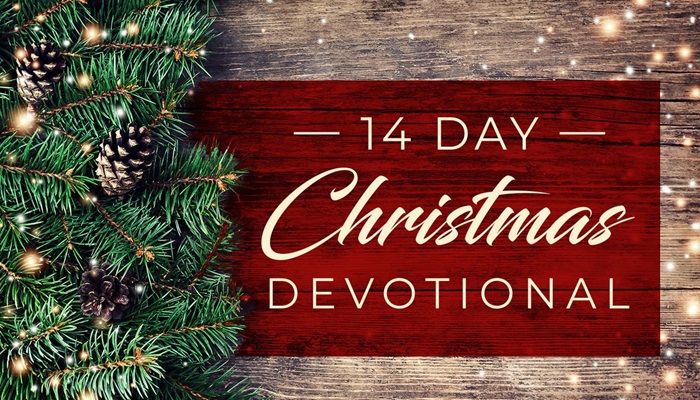Christmas is a major holiday in many countries, celebrated with joy and devotion by millions of people worldwide. It commemorates the birth of Jesus Christ and includes traditions like gift-giving, feasting, and worship. However, not all communities participate in these celebrations. Jewish people, in particular, do not celebrate Christmas. Understanding the reasons behind this can shed light on the rich tapestry of cultural and religious diversity that shapes our world.
Historical Context of Christmas and Judaism
The Origins of Christmas
Christmas, celebrated on December 25th, is a Christian holiday marking the birth of Jesus Christ. The holiday’s roots are both religious and secular, encompassing Christian liturgical practices and various customs from different cultures. The story of Jesus’s birth, as recounted in the New Testament of the Bible, is central to the holiday, highlighting themes of peace, joy, and goodwill.
Jewish Historical Context
Judaism is one of the oldest monotheistic religions, with a rich history that dates back thousands of years. Jewish tradition and religious practices are centered around the Torah, the first five books of the Hebrew Bible. Key aspects of Judaism include the observance of the Sabbath, the celebration of various holidays, and adherence to a set of ethical and ritual laws.
Differences in Religious Beliefs
The Role of Jesus in Christianity and Judaism
One of the primary reasons Jewish people do not celebrate Christmas is the fundamental difference in the role of Jesus Christ. In Christianity, Jesus is regarded as the Son of God, the Messiah, and the Savior of humanity. His birth, life, death, and resurrection are central to Christian belief and practice.
In contrast, Judaism does not recognize Jesus as the Messiah or divine. Jewish tradition awaits the coming of the Messiah, who will bring peace and restore the Jewish people to their homeland. This significant theological divergence means that the celebration of Jesus’s birth is not part of Jewish religious practice.
Divergent Religious Calendars
Judaism and Christianity follow different religious calendars, each with its own set of holidays and observances. The Jewish calendar is a lunisolar calendar, and its holidays often do not coincide with Christian holidays. Major Jewish holidays include Rosh Hashanah (the Jewish New Year), Yom Kippur (the Day of Atonement), and Passover (celebrating the Exodus from Egypt). These holidays have profound religious and cultural significance for Jewish people, providing a distinct spiritual rhythm throughout the year.
Cultural and Historical Separation
Historical Tensions
Historically, there have been periods of tension and conflict between Jewish and Christian communities. These tensions have roots in theological disagreements and socio-political factors. Over the centuries, Jewish people have faced persecution and discrimination in predominantly Christian societies. This history has contributed to a sense of distinct identity and the maintenance of separate religious practices.
Preservation of Jewish Identity
Maintaining a unique religious and cultural identity is crucial for many Jewish communities. This includes the observance of Jewish holidays, customs, and traditions. By focusing on their own religious calendar and practices, Jewish people preserve their heritage and pass it down through generations. Celebrating non-Jewish holidays, such as Christmas, is often seen as inconsistent with maintaining this distinct identity.
Theological and Practical Reasons
Theological Incompatibility
Jewish theology fundamentally differs from Christian theology in its view of Jesus Christ. Judaism emphasizes the belief in one God and the importance of following the commandments as outlined in the Torah. The concept of the Messiah in Judaism is not linked to Jesus, making the celebration of his birth irrelevant to Jewish religious practice.
Focus on Jewish Holidays
Jewish people celebrate a variety of holidays that have deep spiritual and historical significance within their faith. Hanukkah, which often falls around the same time as Christmas, celebrates the rededication of the Second Temple in Jerusalem and the miracle of the oil that burned for eight days. Other holidays, such as Sukkot, Purim, and Shavuot, each have their own unique traditions and importance. These holidays provide ample opportunities for spiritual reflection, community bonding, and the expression of Jewish faith and identity.
see also: True Meaning of Christmas: A Devotional Exploration
Modern Jewish Perspectives on Christmas
Respect and Coexistence
In multicultural societies, many Jewish people acknowledge and respect the celebration of Christmas by their Christian neighbors. Interfaith dialogue and mutual respect are important aspects of modern religious life. Jewish people may participate in secular aspects of the holiday season, such as enjoying festive lights and exchanging greetings, without incorporating the religious elements into their own practice.
Interfaith Families
In families where members come from different religious backgrounds, there may be a blending of traditions. Interfaith families might find ways to honor both Jewish and Christian holidays, fostering an inclusive environment that respects both traditions. However, this is a personal choice and varies widely among families.
Conclusion
Jewish people do not celebrate Christmas devotionals because of fundamental differences in religious beliefs, historical context, and cultural identity. Judaism and Christianity, while sharing some common roots, have distinct theological perspectives and practices. Jewish tradition focuses on its own rich tapestry of holidays and observances, each with profound spiritual and historical significance. In a world of diverse beliefs and practices, understanding and respecting these differences enriches our collective human experience.

